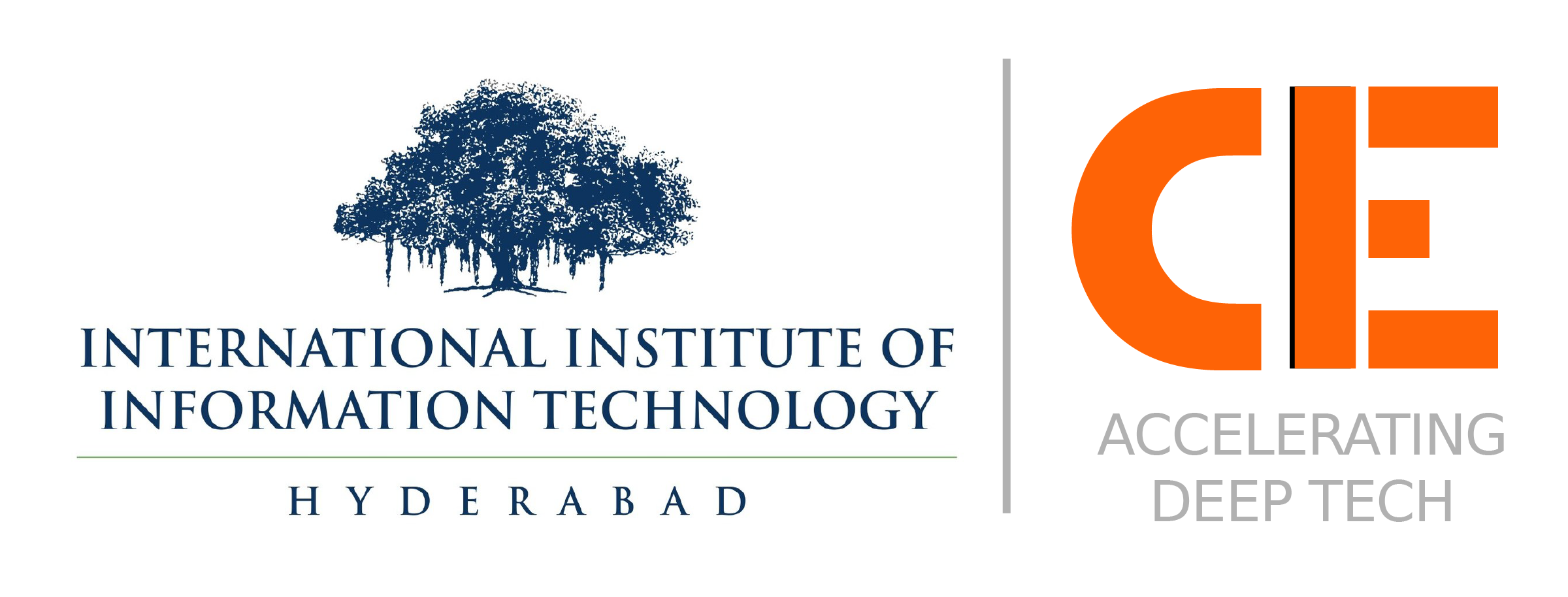CIE brings to our Deeptech community,
Fire Up Founder Insights series, hosted by our COO, Mr. Ramesh Loganathan. The series is brought to you as a part of Startup Gyan Blog series by CIE-IIITH where we feature our founders and talk about their Startup status and the journey so far through conversation on specific topics useful for other Deeptech startups and the community at large.
In Conversation with Nijil, founder Mashinga:
Started in 2013, as an idea to start with a hardware product for multi-user engagement, Mashinga is now a full-fledged Enterprise speech platform with domain flexibility, ready to deploy on-prem or cloud with real-time as well as post processing of data. The platform also provides insights of the conversation captured. For simplicity, it could be imagined as a meeting assistant that captures your meeting conversations, process it and generates minutes.
“When we were trying to sell the product, we identified the new problems that customers were having with the speech engines and that’s when we decided to own the speech engine rather than just integration”
The existing speech engines pose a major concern of data privacy among the enterprises along with the accuracy and scalability in terms of data. The engine couldn’t adapt to specific conversations pertaining to finance, Insurance etc. Decoding words with improved accuracy with the velocity of data coming has been the challenge with the existing products and hence became the new problem statement for Mashinga.
“also because ultimately data is the new oil and we were pretty much pipelining it back to the big players”
So, how has the journey been so far, challenges?
The biggest problem, according to Nijil, lies in the fact that we underestimated time factor and most of the Deeptech startups tend to do that. Everything from building the team to collecting data to feed in takes time.
Any Deeptech Startup struggles basically with finding the right set of engineering skill set, computation and the right set of data. Startups rarely have all 3 of these or 2 by far because the money involved and data acquired-in-scale is never with them.
Mashinga collaborated with the Product lab and Speech lab at IIITH to develop the platform.
“The research and product development collaboration with IIITH short-circuited the engineering time to 8 months, which would have been around 2-3 years otherwise”
Computation is also time consuming as you need a ton of compute to run ML algorithms with multiple trial and errors. It took 8 GPUs and 8-9 days of time for Mashinga to run 10,000 hrs of training data and collection of the data, again, is a prolonged process.
How did the engagement with Research start?
While everyone on the team was having programming background, Domain knowledge and expertise was a lacking factor. It would have taken a longer duration for developing expertise and then start building the product and hence the Startup decided to collaborate and develop their product with the Speech Lab at IIITH.
“Research gives a structured approach through guiding what tools to be used, best ways to approach rather than knocking at every door”
The research going on at Speech Lab led the team to consider adding other features to the product for instance, configuration for other languages apart from just English, thus enhanced the overall value offered to the customer.
“There was an alignment between the market interest, research and what we were offering”
Opportunities for Mashinga in the current scenario of COVID-19:
The opportunities are manifold namely, One-step automation for Call centres where the query from the customer is converted to text, fed to backend and then the solution is served to customer through speech-aid, reducing the manpower involved. Secondly, there is Voice Biometry where the authentication is done through voice of the speaker.
“It’s not an option anymore, that you have to automate”
Why Research, especially for Deeptech Startups?
Research gives a competitive advantage to a Startups in terms of time threshold to start with, and most importantly with building the IP which has a direct impact on Client’s trust and impression of your Startup.
Keep watching this space for more under Fire Up Series.
Stay safe and sound!
– Sunita Kumari, Team CIE


